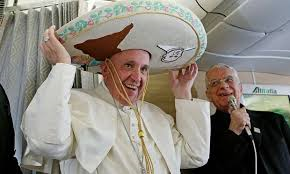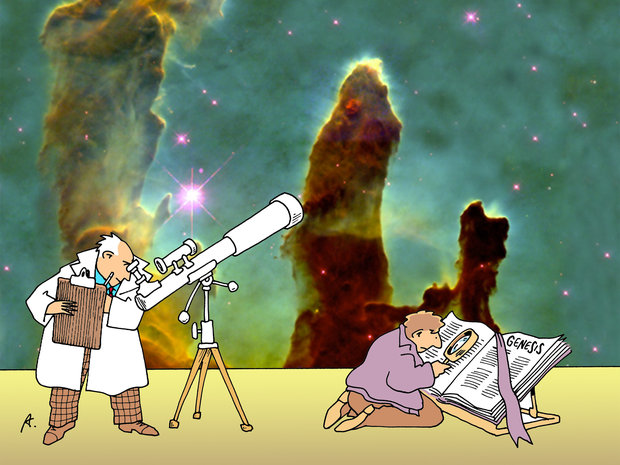Dying to Self
In truth, we must change our very self-image rather than just be told some new things to see or do. To be a Christian is to objectively know that we share the same identity that Jesus enjoyed as both human and divine, which is what it means to “follow” him. In fact, I believe that this is the whole point of the Gospel and the Incarnation! (Read John 14 and 15 in their entirety, lest you think I am overstating my position; or study the early Fathers and Mothers of the Eastern Church, who understood this much more clearly than the Western Church.)
This realization that Someone is living in us and through us is exactly how we plug into a much larger mind and heart beyond our own. Afterward, we know in a different way, although we have to keep relearning this truth over and over again (the point of daily prayer). But it demands a major dying of our own small self, our ego. Maybe that’s why so few go there. As Jesus clearly puts it, one “self” must die for another “Self” to be born. That message is quite explicit in all four Gospels (Matthew 16:25; Mark 8:35; Luke 9:24; John 12:24). In the practical order, this mostly feels like taking my “self,” my ego–both its hurts and its importance, which are largely manufactured by my mind–less seriously day by day. Growth in salvation is growth in liberation from the separate self and falling into our first nature, which is our “foundational holiness” or original, ontological union with God.
God has always–and only–been in union with an obviously imperfect humanity. That is the essential character of divine mercy. Salvation is always pure and total gift from God’s side. Living and thinking autonomously, separately, or cut off from such a Vine or Source is what Paul means by being foolish and unspiritual. Living in union is wisdom.
One must fully recognize that mystics like Francis and Clare were speaking from this place of conscious, chosen, and loving union with God, and such union was realized by surrendering to it and not by any achieving of it. Surrender to Another, participation in Another, and divine union are finally the same thing. Once we are aware that we participate in this union, we look out at reality from a much fuller Reality that now has eyes beyond and larger than our own. This is what it means to “live in Christ” (en Christo), to pray “through Christ,” or to do anything “in the name of God,” phrases with which Christians are quite familiar.





